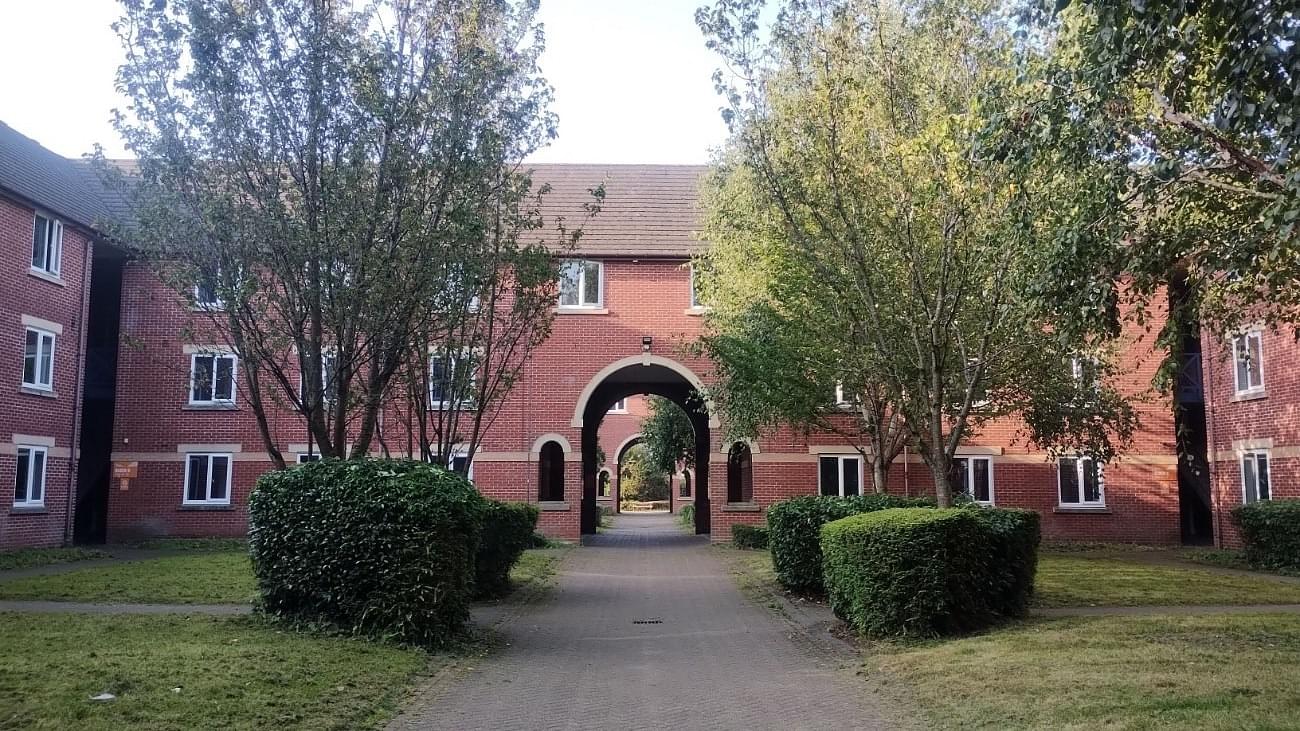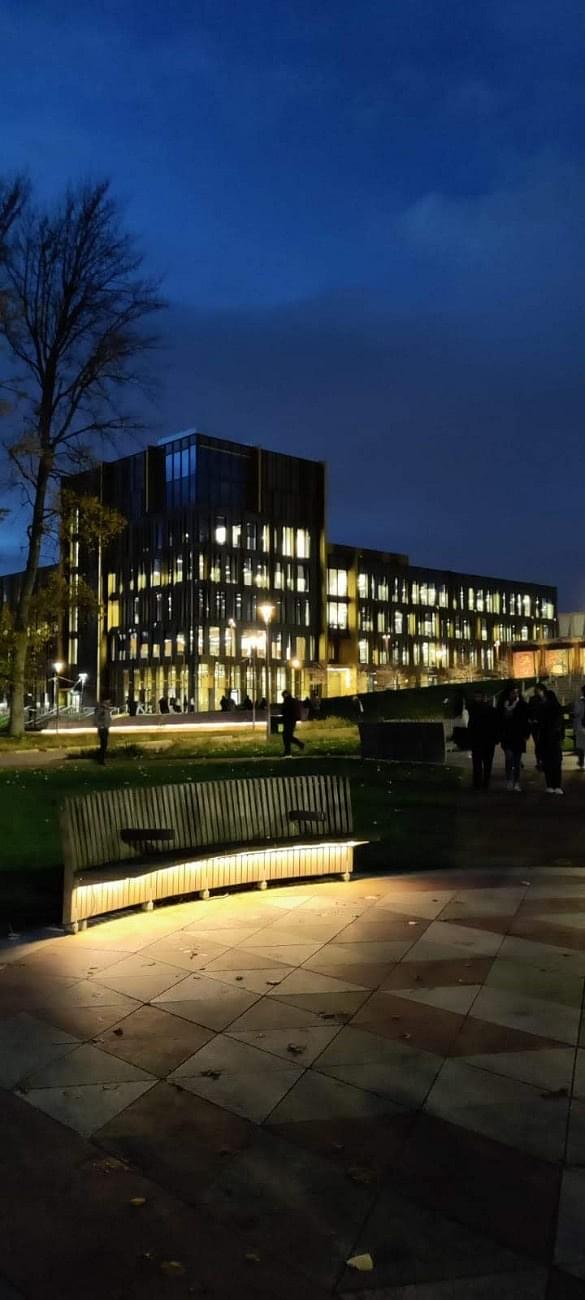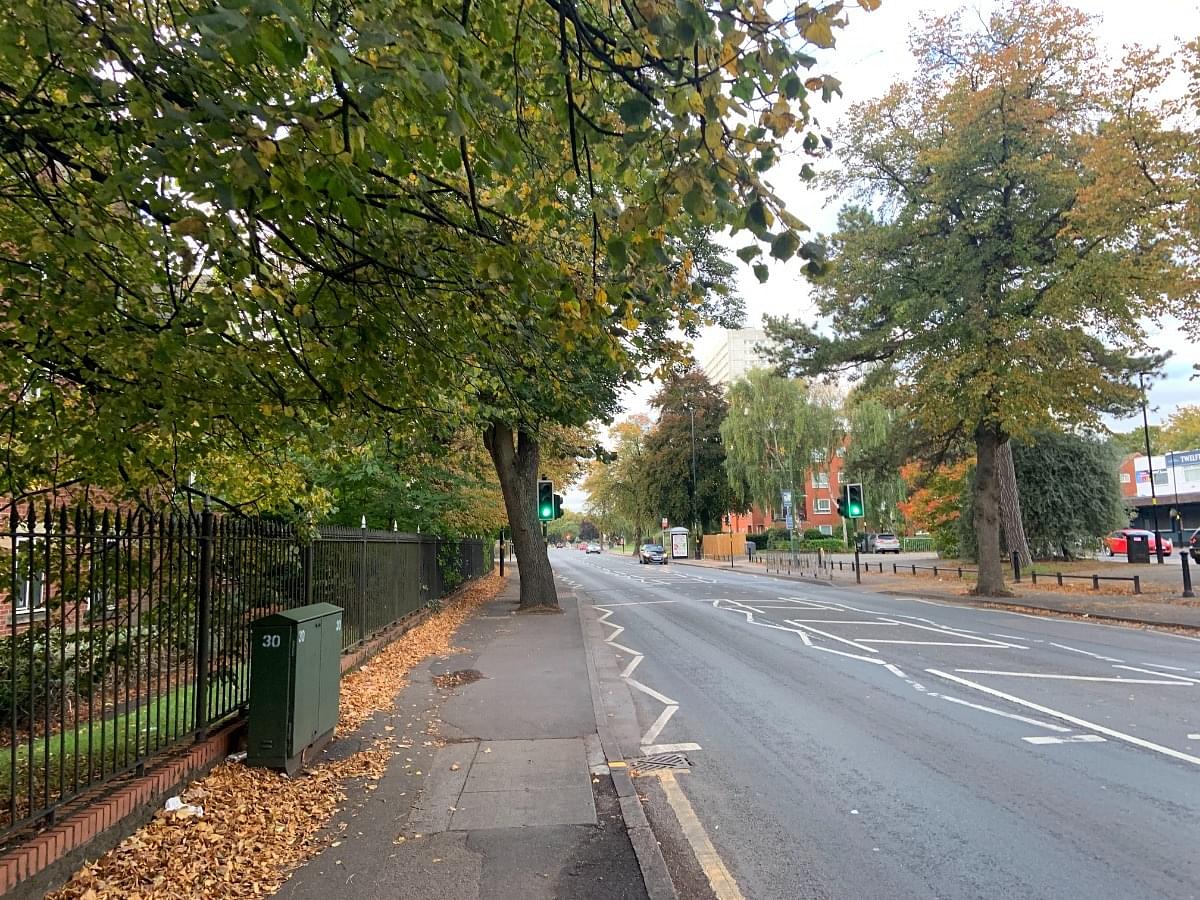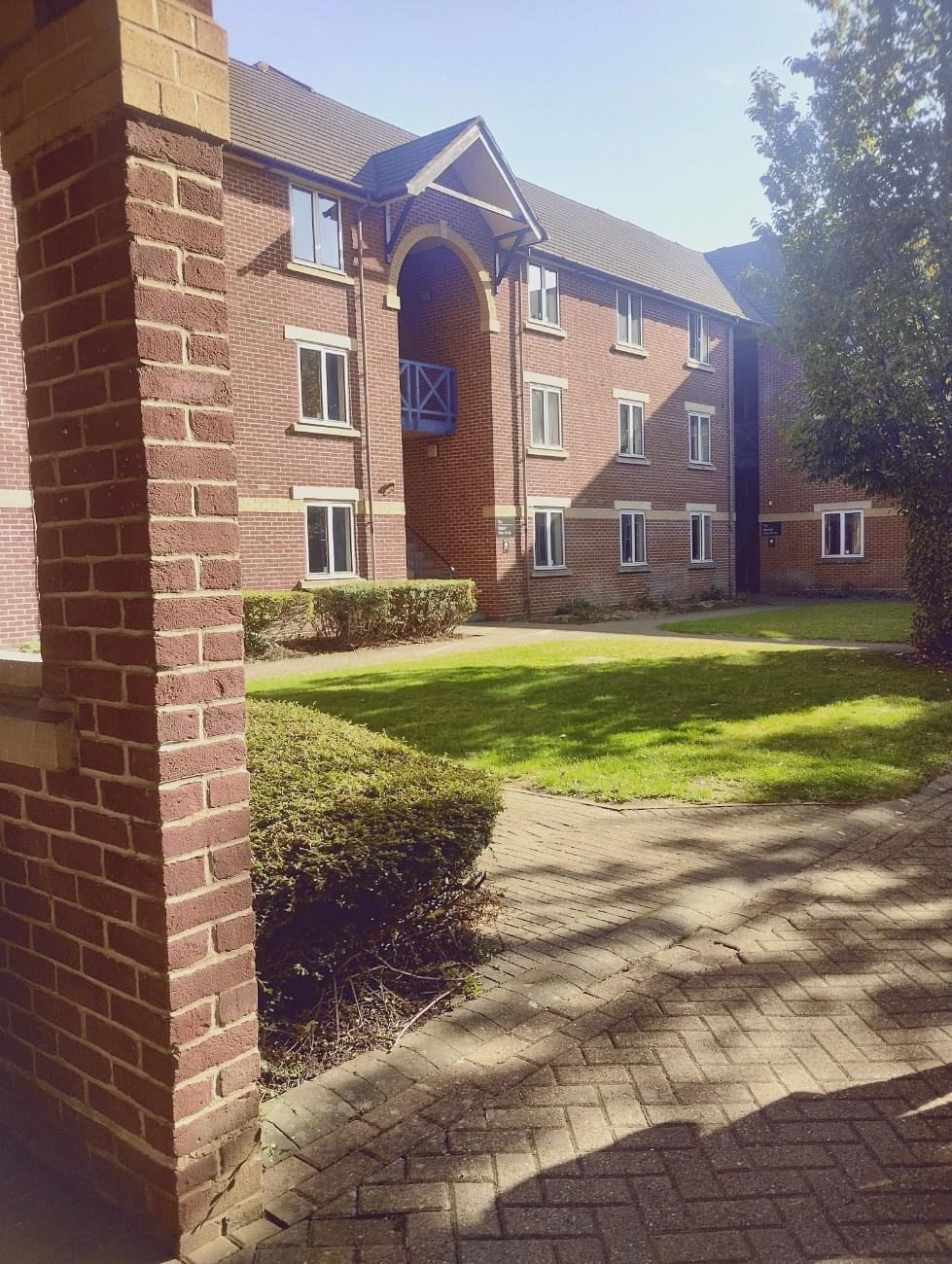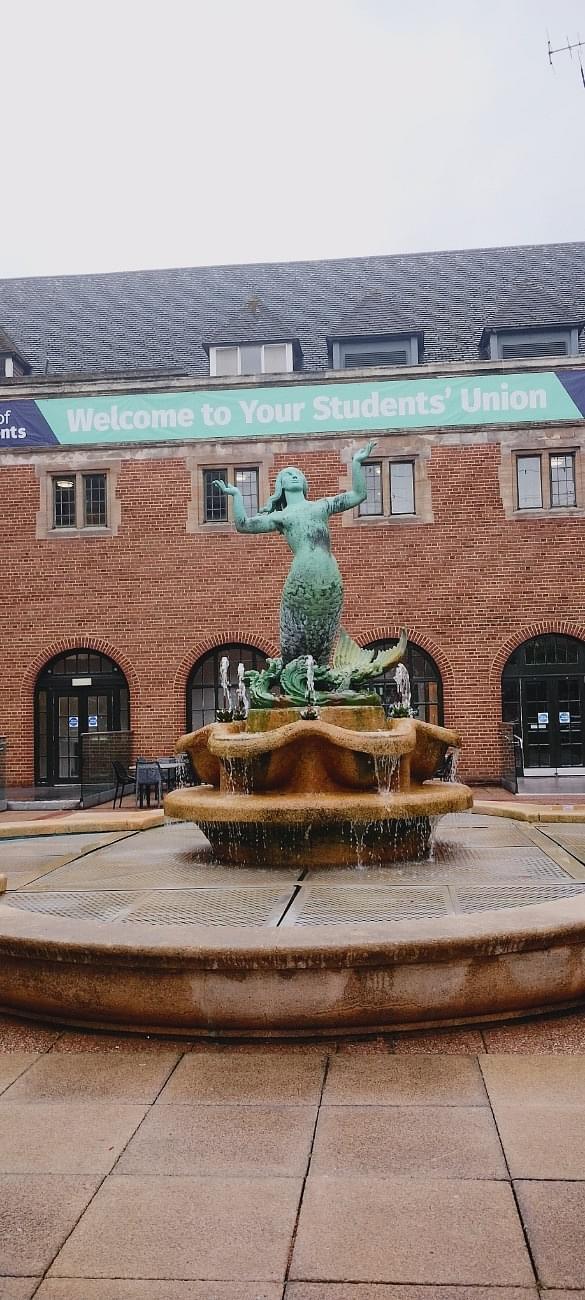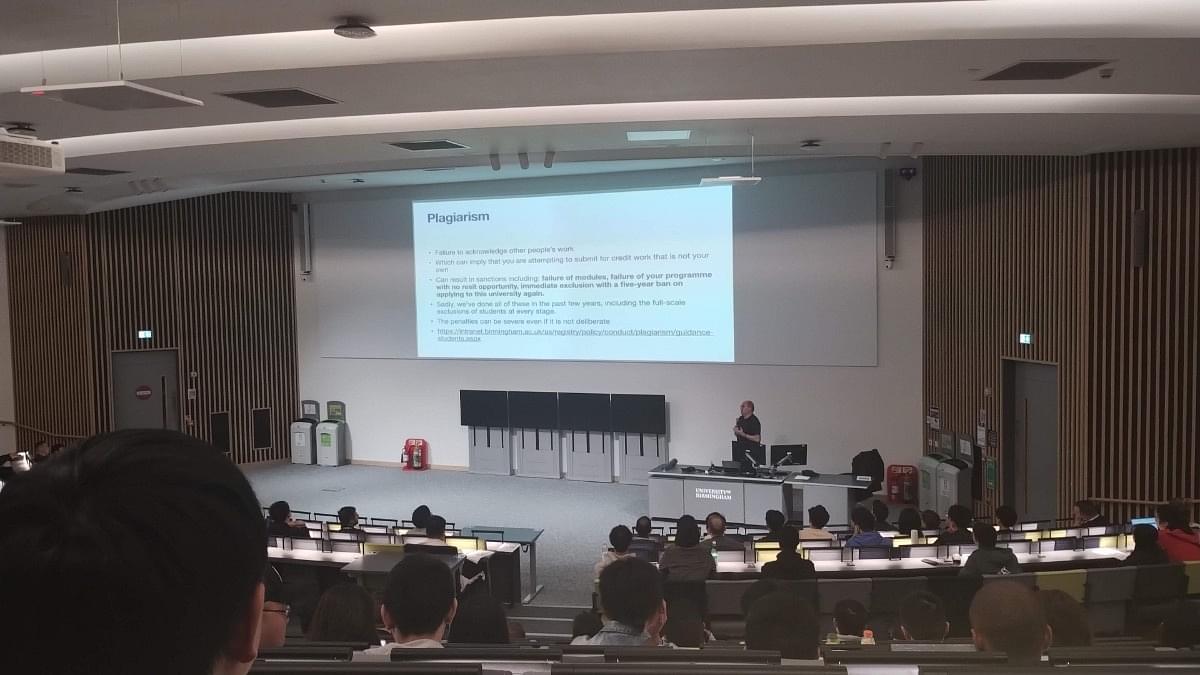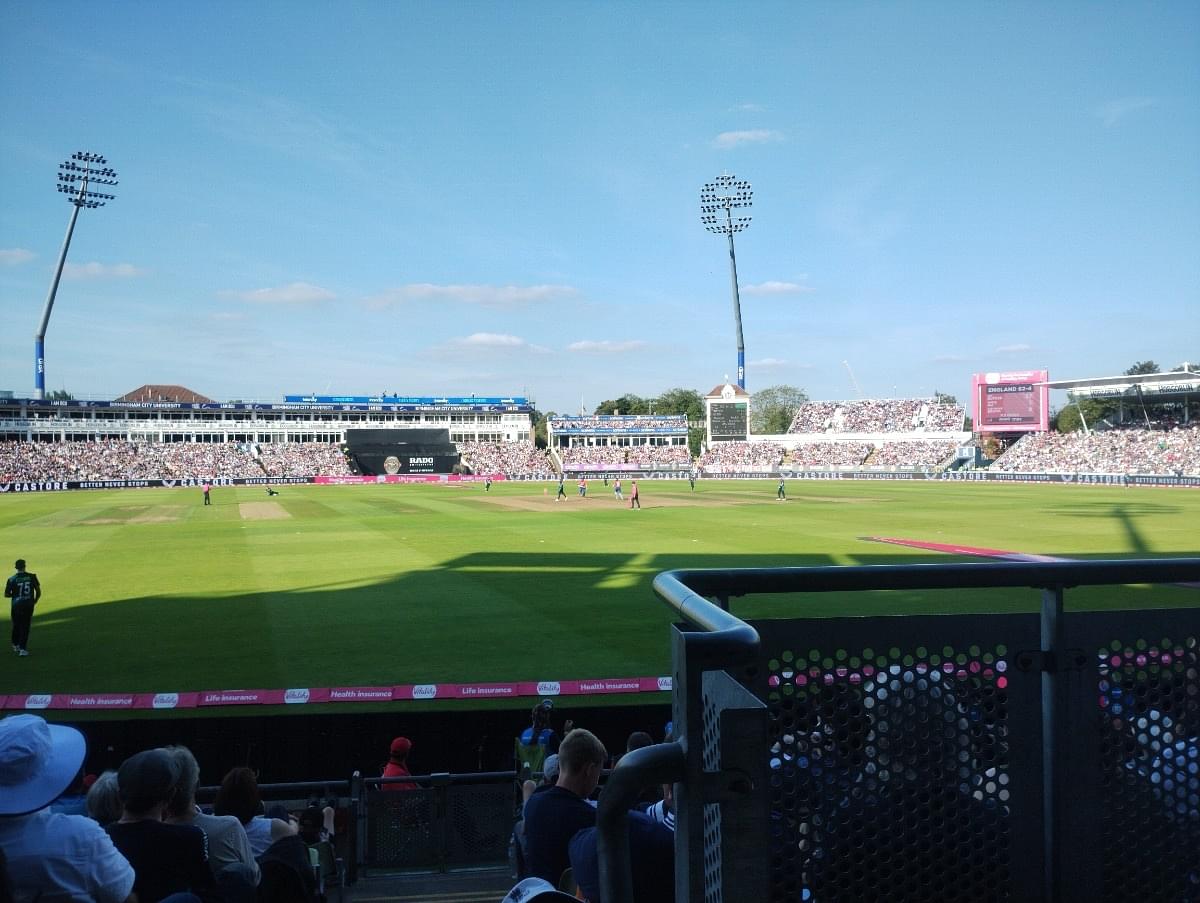What Students Say
Likes
- Friendly campus and excellent career services
- Very supporting and approachable staffs and faculty
- Diverse and inclusive learning environment
Dislikes
- Limited hands on workshop for certain technical subjects
- High living expense
- Limited elective choices for specialised technical fields
Course Curriculum
- The curriculum was a balanced mix of theory and practical learning, with challenging but engaging content. The labs provided hands-on experience, particularly in cybersecurity modules.
- Classes typically ran from morning to evening, with 2 to 3 sessions per day. The average class size was around 35-50 students, and there were a fair number of Indian students enrolled.
Admission Experience
- I applied to York University, Lancaster University, Royal Holloway University of London, University of Birmingham, Manchester Metropolitan University. I was very much happy to receive admission offers from all the universities that I applied to. These universities have very unique course modules made it exciting to explore various options for my education.
- I chose the University of Birmingham because of its strong reputation in cybersecurity, a highly supportive faculty and excellent practical learning resources, like well equipped labs. For the admissions process, I submitted my academic records, personal statement, letter of recommendation and English language proficiency scores. I provided IELTS scores, meeting their minimum requirement of 6.5 overall, with no section below 6.
- I applied for the Fall intake because I had just completed my undergraduate degree and wanted to continue my education without a long gap. The entire admission process took about three months since I had to wait for my certificates from my college before finalising the admission. I submitted my admission application with my mark sheets with letter of recommendations.
Faculty
- The faculty to student ratio was favourable, allowing for personalised attention and better interaction. Teaching methodologies blended practical and theoretical approaches, making the course industry-relevant.
- Faculty members were approachable and supportive. Some offered guidance on job prospects. I admired professors who provided practical insights into cybersecurity concepts.
Campus Life
- My college offers a variety of extracurricular activities like technical fests, sports, and cultural events. We have a single campus that provides facilities like a library, sports areas, and medical services.
- Major events include tech talks, hackathons, and sports competitions, alongside clubs for cybersecurity and other interests. I was head of my departments club, I had lot of fun organising board game nights.
Part Time Jobs
- At the University of Birmingham, part-time opportunities include roles like Teaching Assistant (TA), Research Assistant (RA), and Departmental Assistant (DA), with pay ranging from £11-13/hour. Other on-campus jobs like library assistant or event staff are also available, with a typical work limit of 20 hours/week. Securing these positions can be competitive.
- Most Indian students prefer part-time jobs in retail, fast food chains, coffee shops, hospitality, and campus roles like TA or RA. Typical pay ranges from £10-£14/hour. Securing part-time jobs can be very competitive, requiring students to search job boards, submit CVs, attend interviews, and sometimes get references. Networking helps with opportunities.
Placement
- After completing the course, many students secure roles in cybersecurity, IT consulting, and software development. Around 40% of graduates find employment within 6 months.
- The average salary ranges from £32,000-£31,000. Common job search methods include campus recruitment, internships, networking, and online portals. Companies like IBM, PwC, and Deloitte hire graduates
Accommodation
- I opted for off-campus accommodation (calthrope court), which I found through the university's help (they mentioned off campus accommodation associated with university).
- The rent was £5304 (£99 per week) for the year, including utilities and internet. Finding accommodation was straightforward as I applied early.
- It's conveniently located near the campus, just a few minutes' walk. I recommend future students book early to secure a good spot.
Exams
- For admission, I was required to submit an IELTS score. The necessary documents included a Statement of Purpose (SOP), Letters of Recommendation (LOR), a CV, and academic transcripts.
- There was no interview as part of my application process. The process primarily focused on academic credentials, document verification, and English language proficiency.
Fees
- My tuition fee was £26,640, and I was awarded a scholarship discount of £3,000. The fees are charged yearly, with flexible payment options, including full or instalment based payments.
- My accommodation expenses amounted to £5,304 for one year. On average, my monthly expenses included approximately £400 for rent, around £100 for transportation, £200for groceries, and additional expenses for utilities, entertainment, and other essentials.
Scholarship
- I received a commonwealth scholarship discount of £3,000 which was deducted from my tuition fees.
- Several batch mates also received scholarships and financial assistance based on merit or other criteria. While I don't have the exact figures, a good number of international and local students receive scholarships, typically ranging from £3,000 to £20,000.



